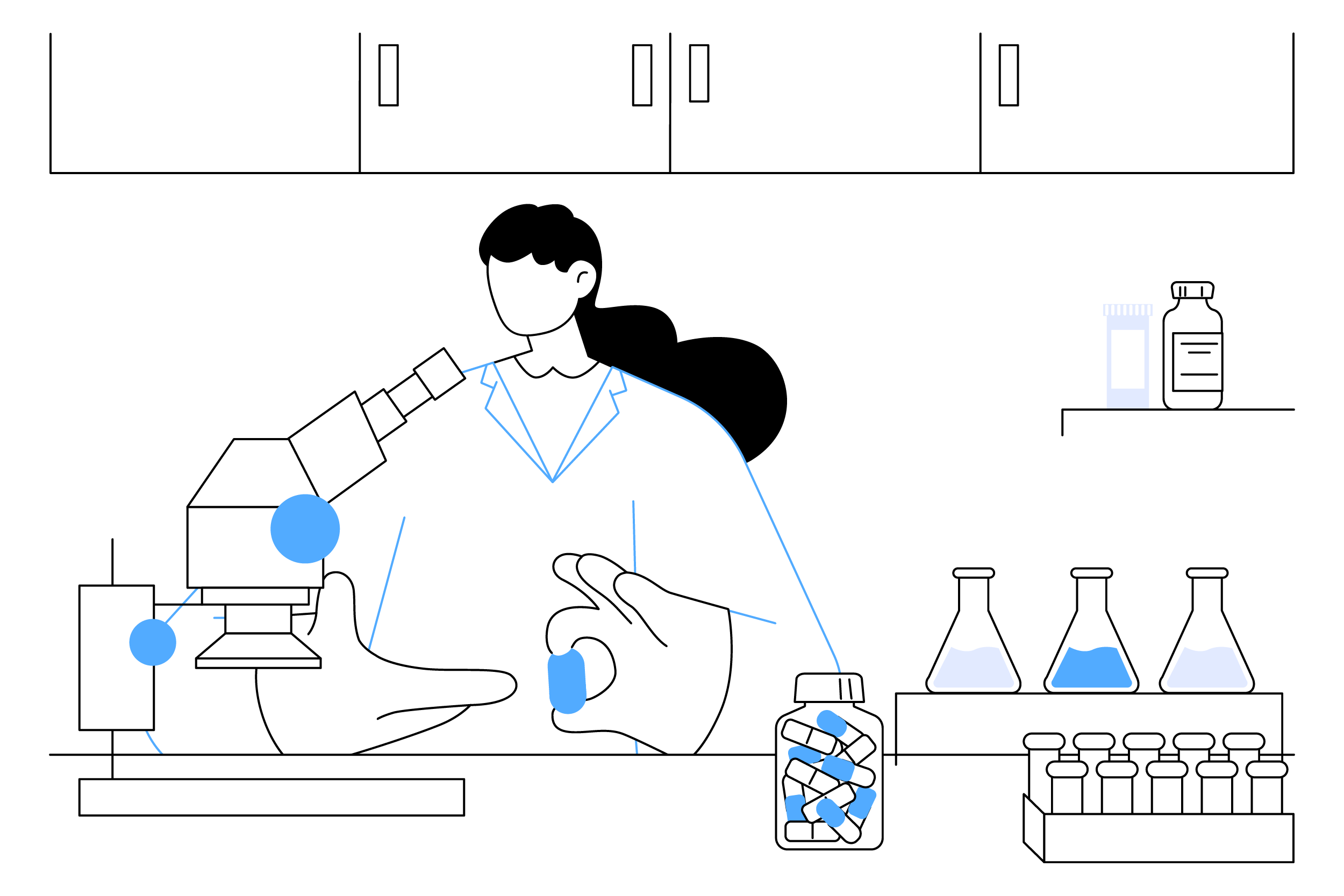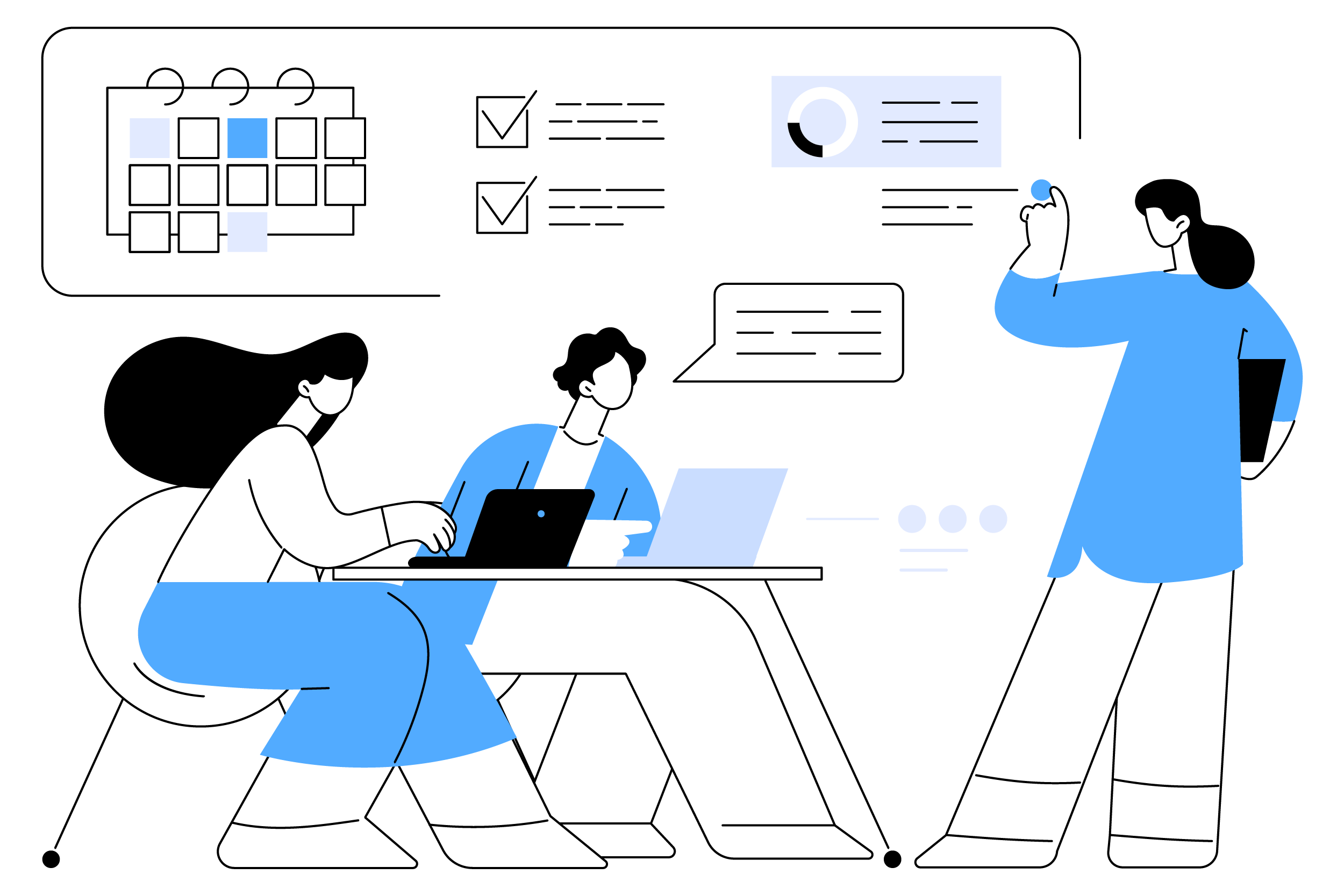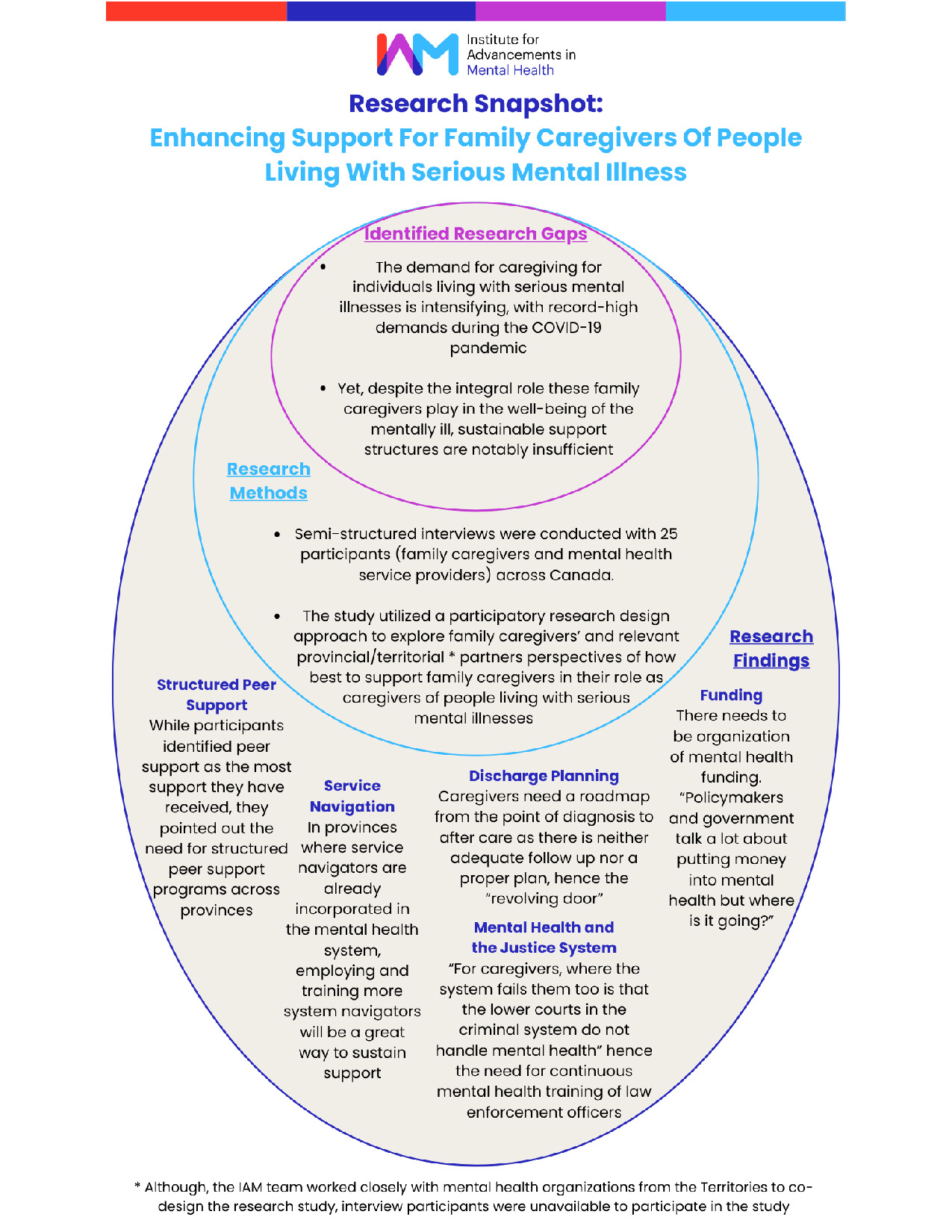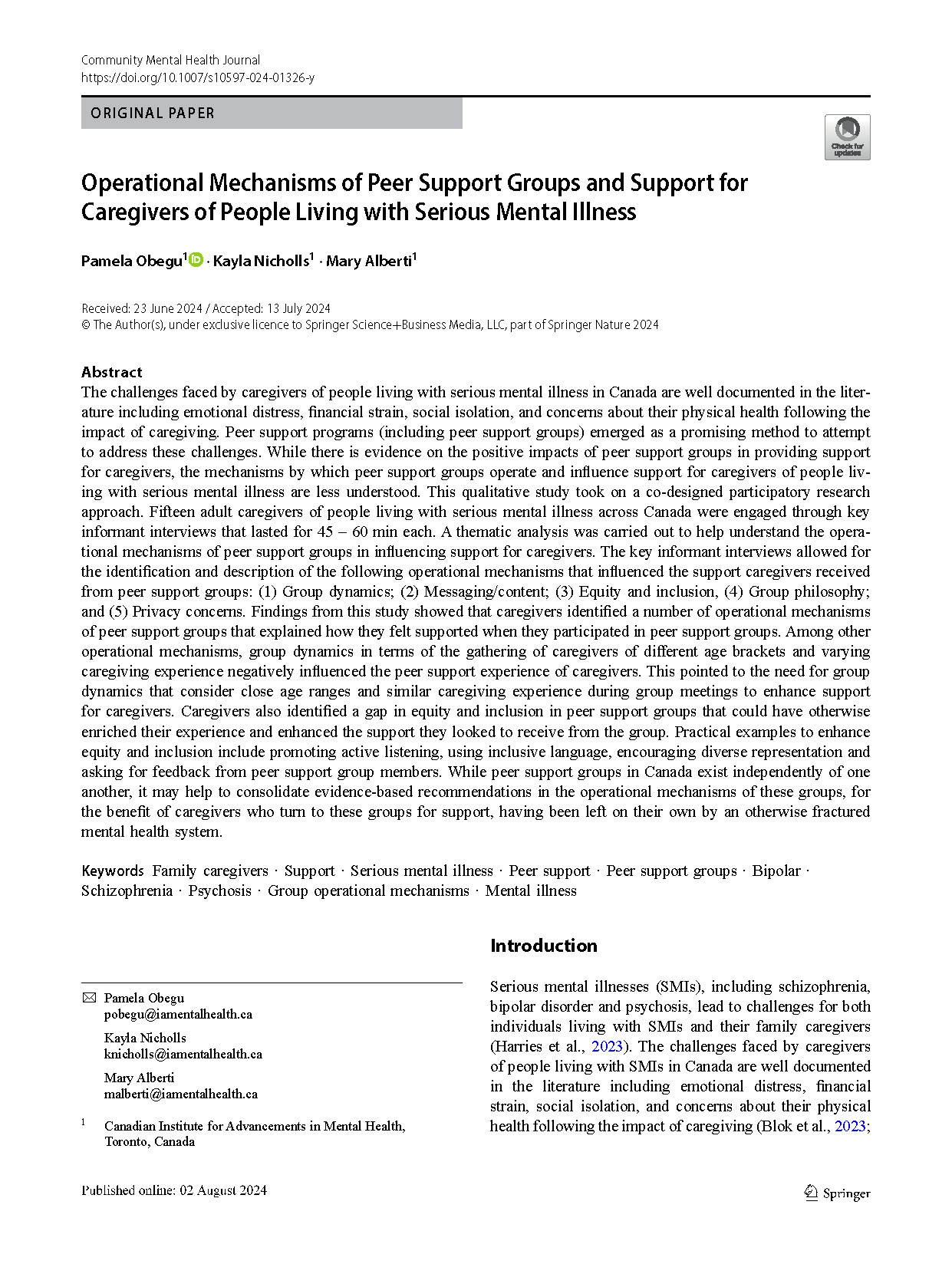It takes a community
Community-driven, human-centered solutions.
Our mental health care system is facing pressure like never before, with many Canadians running into systemic barriers, fragmented services, and gaps in care. The system has tried the top-down approach—and Canadians got left behind. That’s why at IAM our innovations begin from the ground up, collaborating with community members and like-minded experts who want to help as much as we do.
Our work focuses on designing new, scalable solutions to address gaps in the system and serve the unmet needs of our communities.

Thorough Research

Rigorous Evaluation

Real-World Evidence
We take an inclusive approach and listen to the barriers and challenges Canadians face, to develop real-world solutions to help reach everyone who needs them.
Discover some examples of our ongoing work:
Mental Health Innovation Prize Challenge
Launched in partnership with Mental Health Research Canada, the Mental Health Innovation Prize Challenge is a unique opportunity for researchers and community organizations to propose bold, creative solutions to address urgent mental health needs across Canada.
Through this initiative, over $200,000 has been invested in integral areas including youth suicide prevention, and the innovative use of AI on the diagnosis and treatment of serious mental illness.
Past recipients of the Mental Health Innovation Prize:
- Using the narrative of Harry Potter to teach coping skills and resiliency in elementary schools, myOWL
- Giving remote communities a BOOST: Online group interventions support youth living with psychosis in remote communities, integrating CBT and peer support
- Predicting Opioid Overdose Risk Using Machine Learning
- Using digital phenotyping measures to predict the symptoms and functional outcomes in first episode of psychosis
Learn more about these exciting proposals.
Caring for the Caregiver: Charting the Pathway to Enhanced Support
IAM received support from the Petro-Canada CareMakers Foundation to look at caregiver support across Canada and identify ways to help. This important research highlighted the insufficiency of current support structures for caregivers across Canada, making it so much more difficult for them to care for their loved ones and affect meaningful change.
Key findings from the study include:
- Caregivers need help navigating the mental health system
- They lack awareness of standard care pathways
- There is a lack of standardized peer support
- Existing mental health services are underfunded
- There is a shortage of psychiatrists, leading to long wait times
These important findings can inspire creative, innovative solutions as we further our work and partnerships.
Read the Caring for the Caregiver research summary. Interested in learning more? Discover related publications below:
The Future of Mental Health
Mental health is not a singular issue. It affects our work, education, income stability, and the overall welfare of our society.
Using foresight methodology, IAM is reimagining the trajectory of mental health in Canadian society in collaboration with OCADU. Together we are identifying areas where proactive intervention could yield the most significant benefits, aiming to strategically plan today for improved mental health outcomes tomorrow.
Read our OCADU report on the Future of Mental Health here.

